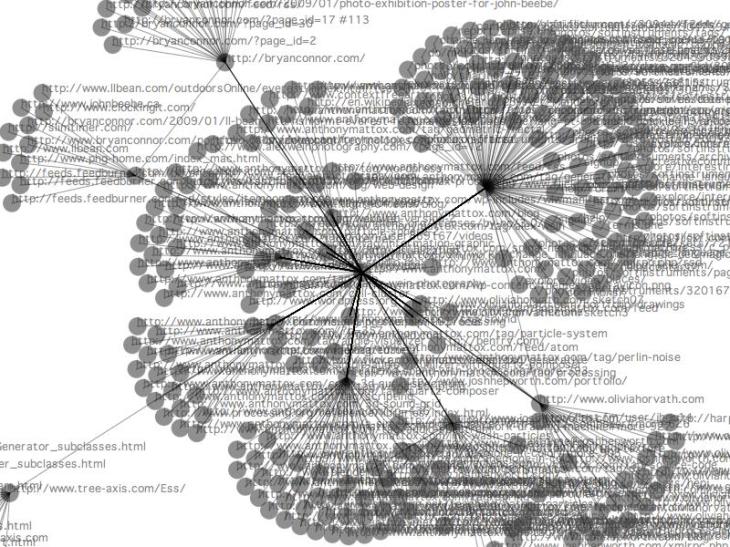The argument with regards to the “openness” of the Internet has sparked many different views based on the differing perspectives, be it in terms of a content producer or even the audience itself. I must admit the #crossover between the group in Singapore and UK really broaden the scope of the subject! (Credits to Ebrahim for the suggestion!)
As I took on the subject in a general approach, it was fascinating to gain insights from the group in UK. It was clear that most of us had a skewed argument of the subject. For instance, I was intrigued by Sophie’s Vlog, which covered different aspects of the “openness” of the Internet. However, what caught my attention was Andy’s view when he revealed the “flaws” in the concept of “open access”. As we are all grateful of the benefits that we are able to reap from the concept, it is crucial not to disregard the flaws. I supported his stand on this as he introduced “predatory publishers” in his argument. As I looked further into this, I chanced upon another upsetting discovery of “publication bias” in health research:
Initially it struck my mind that “open access” may very well be the solution to this prevalent problem. However, upon further research, a study by PMC (2012) revealed that majority of the “open access” publications were funded by the industry itself. This in turn, could lead to “preferential publication” which supports the industry products (medicine). Therefore, the aspects of “open access” which includes the high cost and low incentives that the authors may receive from negative publications may not be the solution to “publication bias”.
These real issues with “open access” really question the viability of the concept. However, I do believe that it is essential to embrace the positive aspects of this concept as it could still be brought further in the future.
References:
Collins, S., 2014. access to online materials. Available at: http://sophiecatherinecollins.wordpress.com/2014/12/04/access-to-online-materials/comment-page-1/#comment-30 [Accessed December 10, 2014].
Nature, 2012. Predatory Publishers are corrupting open access. Available at: http://www.nature.com/news/predatory-publishers-are-corrupting-open-access-1.11385 [Accessed December 10, 2014].
PMC, 2012. Publication bias: What are the challenges and can they be overcome? Available at: http://www.ncbi.nlm.nih.gov/pmc/articles/PMC3341407/ [Accessed December 10, 2014].
Sugden, A., 2014. Open Access Journals. Good, Evil, Or Not-As-Dramatic? Available at: https://andysugden.wordpress.com/2014/12/07/open-access-journals-good-evil-or-not-as-dramatic/comment-page-1/#comment-32 [Accessed December 10, 2014].
TED, 2012. Ben Goldacre: What doctors don’t know about the drugs they prescribe, TED. Available at: http://www.ted.com/talks/ben_goldacre_what_doctors_don_t_know_about_the_drugs_they_prescribe/transcript?language=en.
Comments made on:
Collins, S., 2014. access to online materials. Available at: http://sophiecatherinecollins.wordpress.com/2014/12/04/access-to-online-materials/comment-page-1/#comment-30 [Accessed December 10, 2014].
Sugden, A., 2014. Open Access Journals. Good, Evil, Or Not-As-Dramatic? Available at: https://andysugden.wordpress.com/2014/12/07/open-access-journals-good-evil-or-not-as-dramatic/comment-page-1/#comment-32 [Accessed December 10, 2014].
